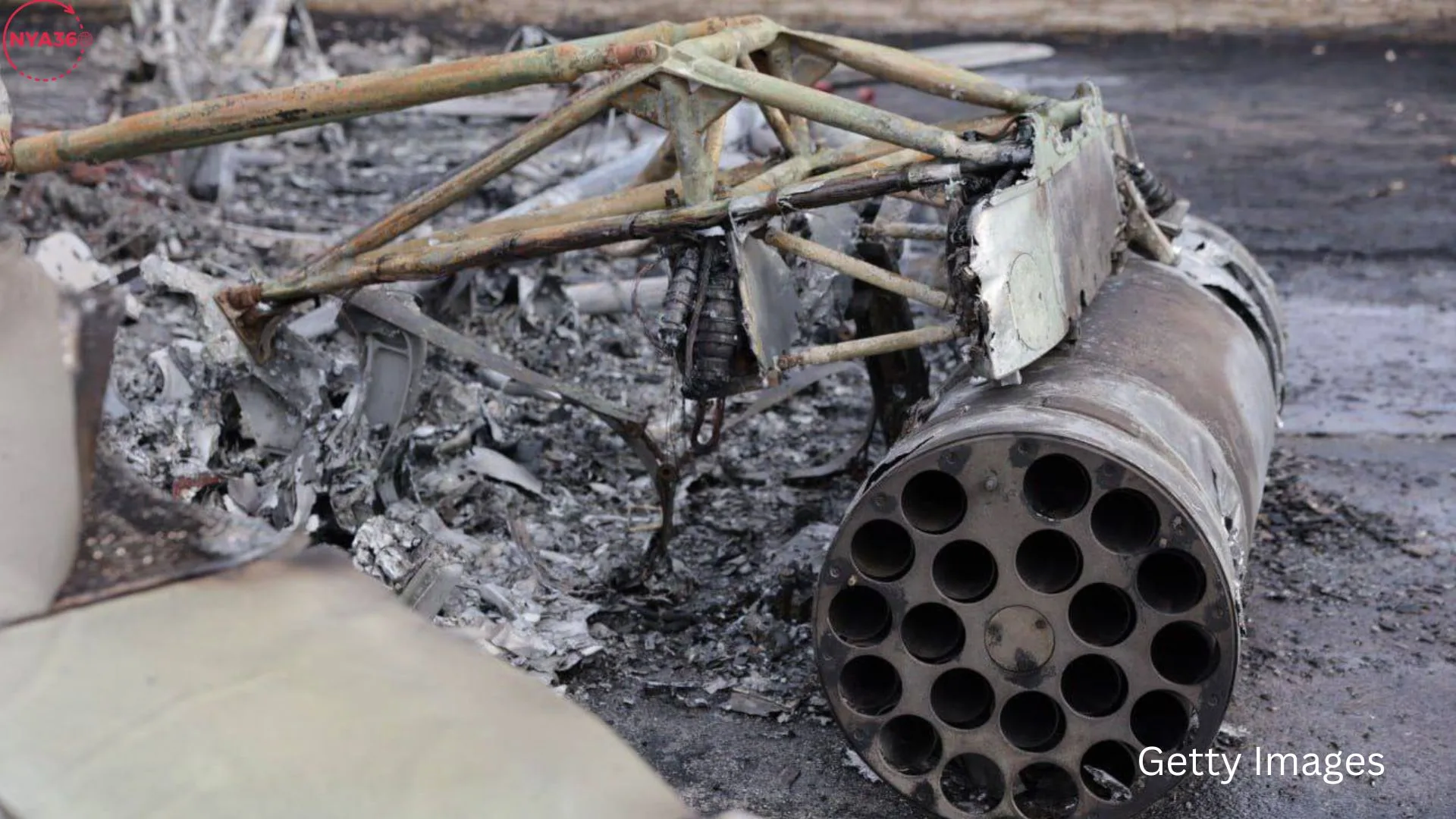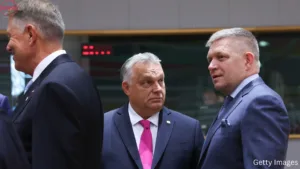The Eastern European region is currently experiencing a grave situation as there are rumors of Ukrainian-supported Moldovan soldiers initiating an assault on a military post in the separatist Moldovan territory of Transnistria. The deployment of a kamikaze drone during the attack led to the complete annihilation of a helicopter, intensifying an already unstable situation and prompting apprehensions about the likelihood of additional escalation.
The occurrence highlights the long-standing differences and ongoing hostilities that have troubled the region for many years. Transnistria, in particular, continues to be a source of geopolitical dispute between pro-Russian rebels and the Moldovan government, which is affiliated with Ukraine and the Western countries.
Initial reports indicate that Ukrainian-backed forces conducted a coordinated operation in which they targeted the military facility in Tiraspol, the capital of Transnistria. This operation involved the use of a kamikaze drone armed with explosives. The assault, which took place during the early morning hours, caught numerous individuals off guard and prompted immediate criticism from Transnistrian officials, who branded it as a flagrant act of aggression and a breach of their sovereignty.
What ruzzian choppers in Transnistria doin? pic.twitter.com/fVFzT8tNHp
— #WeAreNAFO_SOFFella-R09 🇳🇱❤️🇺🇦🫡🦈(parody) (@Altwin_R09) March 17, 2024
The deployment of a kamikaze drone signifies a notable escalation in the battle, indicating the Ukrainian-backed forces’ readiness to utilize sophisticated military strategies in their endeavor to establish dominance over the region. The destruction of a helicopter highlights the gravity of the situation and the possibility of a wider battle breaking out.
The origins of the Transnistria war can be attributed to the disintegration of the Soviet Union in 1991, during which the area proclaimed its independence from Moldova due to concerns of being targeted by the newly established pro-Western government of the independent state. Subsequently, Transnistria has been in a condition of de facto autonomy, possessing its own governing body, armed forces, and security personnel, supported by Russia.
Nevertheless, Moldova has always refused to acknowledge the independence of Transnistria and maintains its claim of authority over the area, although it has achieved very limited success in doing so. The presence of Russian forces in Transnistria adds a layer of complexity to the situation, as Moscow offers military and economic assistance to the separatist authorities, intensifying tensions with Ukraine and Moldova.
🇲🇩🇺🇦🚨‼️ BREAKING: Ukraine attacks Transnistria!
A drone struck a helicopter at a military base near Tiraspol. Initial reports indicate that the drone came from Odessa.
-> As expected, they do everything to divert attention from the main battlefield theater. pic.twitter.com/lVhjLvH7N1
— Lord Bebo (@MyLordBebo) March 17, 2024
The recent assault on the military facility in Tiraspol signifies a perilous intensification in the conflict, carrying the possibility of involving external forces and destabilizing the entire region. The inclusion of Ukrainian-supported fighters introduces a fresh aspect to the problem, causing concerns about a broader conflict that might potentially encompass not just Moldova and Transnistria, but also Ukraine and Russia.
Following the attack, the Transnistrian authorities have requested an urgent convening of the Joint Control Commission, the international organization responsible for supervising security in the territory. Nevertheless, the likelihood of achieving a peaceful settlement to the issue is questionable, as both parties are firmly committed to their viewpoints and there is limited scope for reaching a compromise.
The world community has urged for self-control and reduction of tension, highlighting the necessity of communication and diplomacy to address the root causes of the conflict. Nevertheless, due to heightened emotions and a scarcity of trust, the task of achieving a peaceful resolution to the situation remains a formidable obstacle.
The escalating tensions in Moldova and Transnistria pose a significant risk of further conflict, which might disrupt the delicate stability and peace that has been maintained in the region for many years. The international community should intensify its efforts to de-escalate the situation and avert violence, as the repercussions might be severe for all parties concerned. The cycle of violence and instability in Eastern Europe can only be interrupted by engaging in conversation, making compromises, and demonstrating a strong dedication to peaceful cohabitation. This approach will create the conditions necessary for a future characterized by peace and prosperity.
Follow us on social media: Instagram, Threads & twitter X @nya360_ YouTube & Facebook @nya360.





